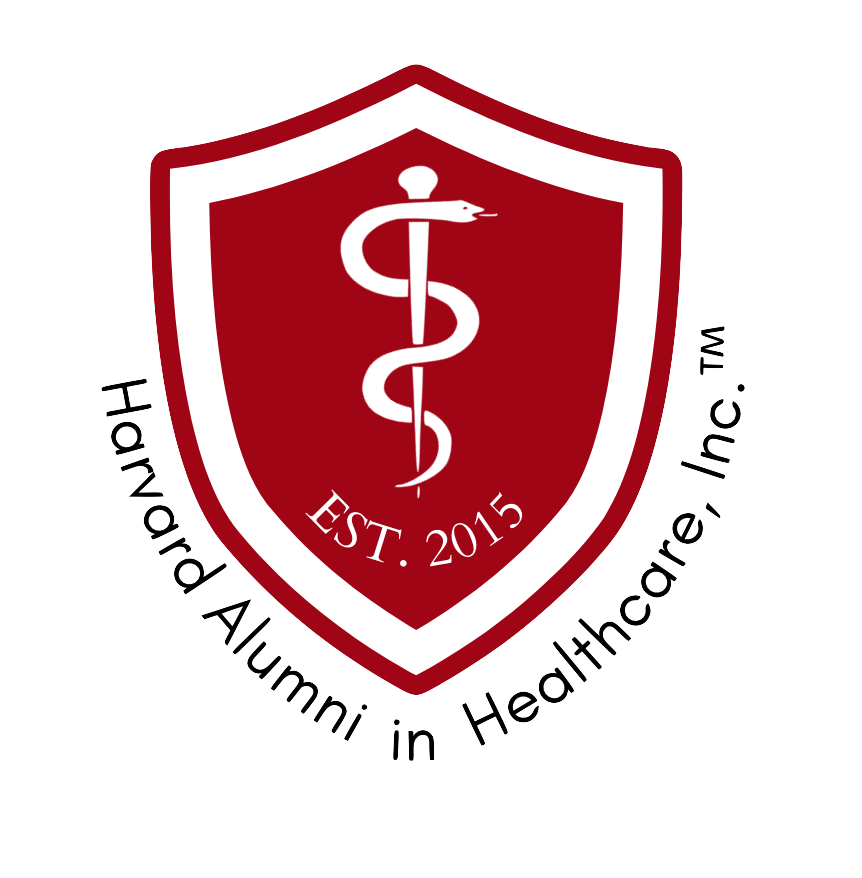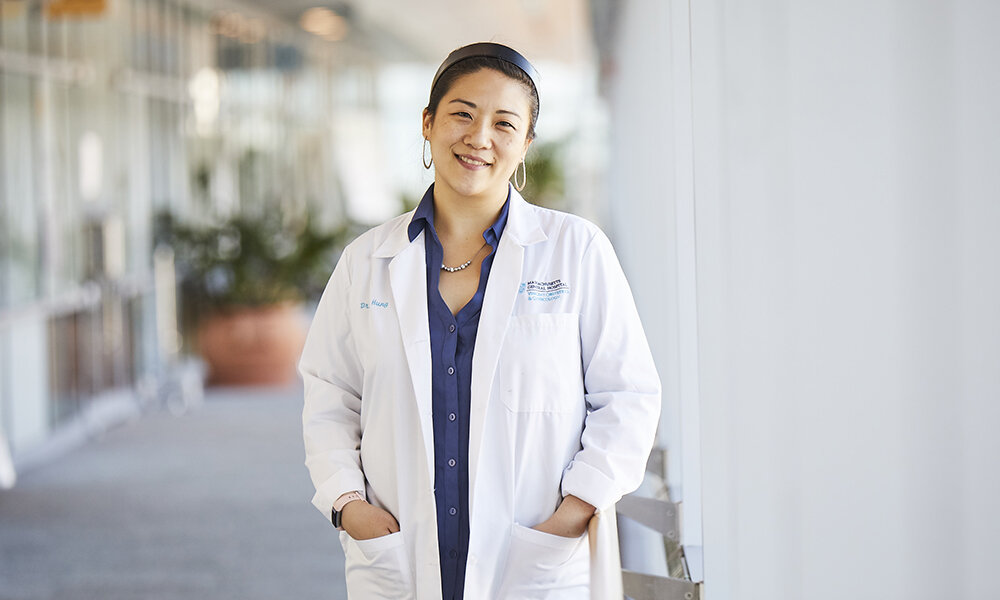Kristin Hung, AB 2004
I’m Kristin Hung. I graduated in 2004 with a degree in History and Science (which I found was a great way to combine my desire to be pre med with my interest in a more liberal arts concentration), and I’m now a physician at Mass General working in Female Pelvic Medicine and Reconstructive Surgery (FPMRS). Growing up, I’d always wanted to go into medicine. Initially, it was because I had role models in the field, but I also felt it was the best way I could help address people’s needs, by advocating for their health and access to health care. History and Science has impacted my career--though courses I took as a result of my concentration, I was exposed to stories and narratives of people groups who are not just marginalized or forgotten, but also victimized and exploited by the system.
One course with Arthur Kleinman called “Illness Narratives,” really helped me frame my understanding of disease and illness on the individual person. Historically, medical school has not excelled in this area, but in recent generations we now have a different way of looking at illness--to look at the patient’s own, specific, unique story. The first thing I ask my patients is, “What’s bothering you, what’s your concern?” That helps me frame it in their language and values, rather than my own.
I could read all about them on paper and have a certain idea of what I think is going on and what could be done to help, but after talking to someone it could be something else entirely. I recognize each person who comes to me for help has their own story and path, and my job isn’t just to fix what’s “wrong”, but to help them in the next part of their story.
Telemedicine has given us a lot, but it also has its limits. It has opened up a whole new way of interacting with people, putting a focus on their words and stories. I now have the ability to talk to someone and learn their story without ever even touching them. That being said, a huge part of being a physician is also in laying hands on the patient and in the physical examination. Truthfully, nothing could ever replace a physical exam. A lot of my patients are elderly or living with financial instability and have challenges accessing technology, so that is another clear limitation of telemedicine. On the other hand, there are patients who would feel more comfortable starting off their experience with me on a Zoom call - especially individuals who may be living with a history of trauma, and the very thought of a physical exam typically prevents them from wanting to see a physician.
Medical Student Kristin Hung in Ecuador
Boba run with son during the pandemic!
For those of us who do different types of surgery, we tend to like concrete and immediate outcomes--going in to solve a problem and having a tangible result. In the day-to-day, that’s really satisfying. But what’s truly gratifying about where I have found myself in FPMRS is that what I do can potentially be truly life altering for people: my patients are women who have incontinence (trouble controlling bodily fluids), prolapse (pelvic floor components falling down or out), or other pelvic floor conditions that severely impact their activities and quality of life. These conditions can force people to self-isolate and in certain cultures, women are actively excluded from their communities and families. So when I can give someone back their dignity, I see women looking younger and feeling better because they are just so much happier. There are also a lot of women who don’t even want to tell their friends or family--much less their physician--about these conditions, and many have said to me things like, “I didn’t know I could complain about it,” or “I didn’t know how to talk about it,” or “I thought I was the only one.” But the fact that we’re so busy can confirm to them that they are not the only ones.
Now, what gives me hope is that we are seeing a generation of women who are growing up learning they can speak up for themselves and actually doing it. Our field is still relatively new (theoretically established in 1979), and part of that is because women didn’t know they could talk about these conditions and ask for help. Things are definitely changing, and they’re going to keep changing.
In my field, even as it is very heavily woman-dominated, we still experience gender imbalance and microaggressions. We will have patients look at us and say, “But you’re not a male, so how can you be a surgeon?” All these biases also come out at all levels of training. But when I talk to my colleagues who are in general surgery, like trauma surgery or orthopedics, many times they are the only female in their group. That’s a very different world from mine, where I have only one male in my group.
Pay imbalance is also still very real in every field. There’s actually a lot of research on gender inequality in medicine now (finally). That being said, we still have a long way to go before we reach true workplace equality, not just in medicine, but in every industry.
My advice to students? Take your time. Whatever that means to you. It could mean actual time to not rush into a decision, it could also mean carving out some extra time so that you’re not always busy, and you’re able to reflect more. Reevaluate what you’re doing right now, and don’t rush into things. As for medicine-specific advice, for undergrads who are not yet in medicine but want to go into medicine, really take the time to learn as much as possible about it. It’s impossible to know what you want to do exactly, of course, but do talk to people. Talk to people at all stages in their training, and really listen when people try to give advice.
Endless pyramids with Mather House blockmates!
Kristin Hung MD
AB 2004 | History and Science
Urogynecologist
Compiled and Interviewed by Felicia Ho




